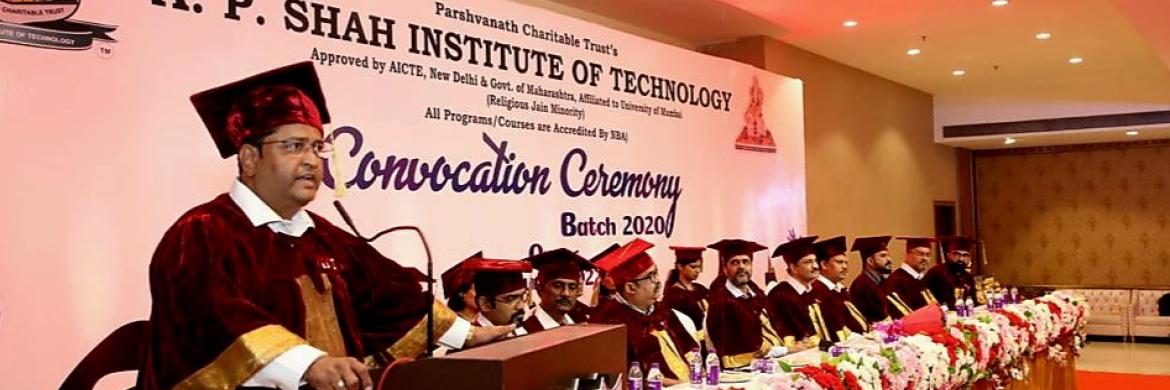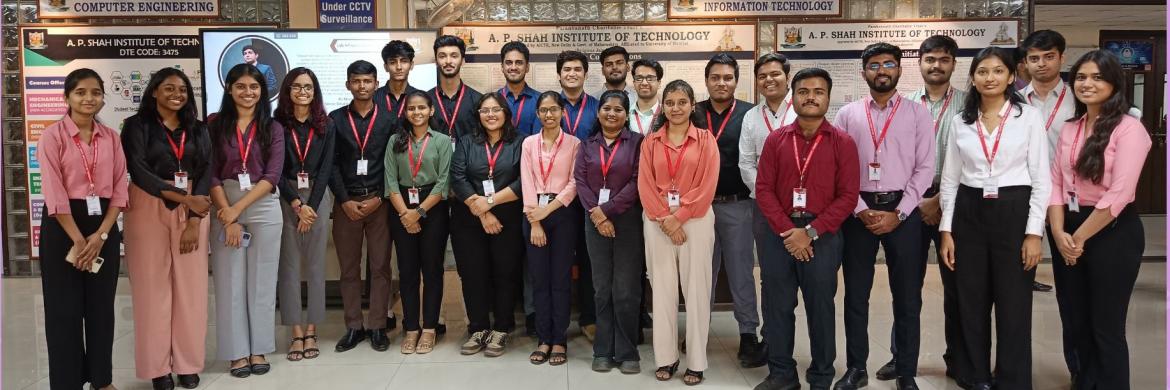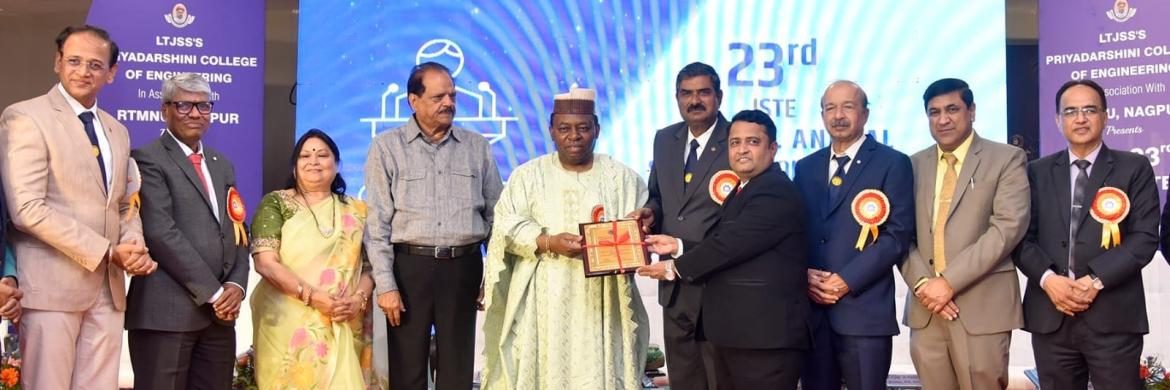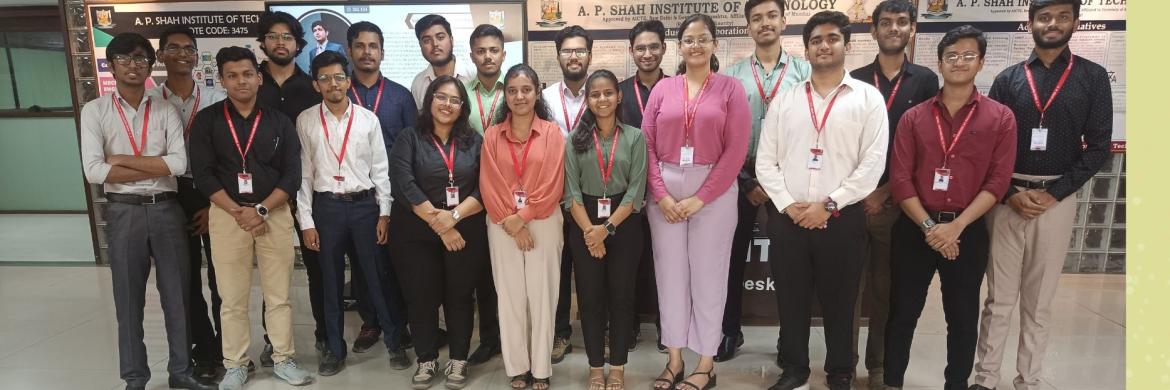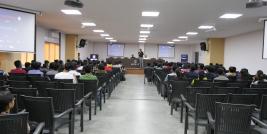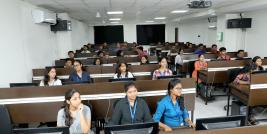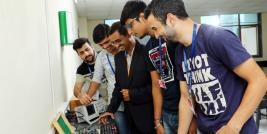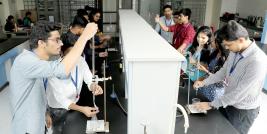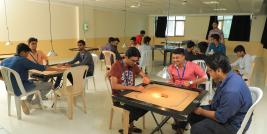IPR CELL
About Us
Along with teaching and extension programmes, educational institutions should promote talent, study, and have a tributary environment. Property Rights are needed due to burgeoning research and creative teaching methods (IPR). IPR is critical in giving a company a strategic advantage. The protection of their scientific discipline rights can profit all stakeholders. Belongings see the property has been created and owned by somebody through the virtue of the human intellect. Belongings rights shall embody patents, trademarks, copyrights, trade secrets, and different species like the laptop computer package or written communication, any new and useful technique, the machine, the composition of matter, life form, article of manufacture, software, proprietary work, such things as new or improved devices, circuits, chemical compounds, drugs, genetically designed biological organisms, data sets, a package musical processes, or distinctive and innovative uses of existing inventions. The Indian government has revised the National IPR policy in 2016.
In the last 10-15 years, intellectual property rights became a major issue of a debate with the emergence of the world organization agreement on property rights. Property Rights (IPR) is an associate degree umbrella term that has patents, copy rights, trademarks, designs, plant choice protection, trade secrets and geographical indications. Analysis and innovation in our country emerge from each tutorial establishment additionally as business, furthermore as tutorial institutions, and thus the school acknowledges the necessity for instructional dialogue to return a copy with creative solutions to previous problems. Property rights area, globally enforceable unit in the contemporary world, we want to develop a causative atmosphere within which we must always convey information of patents, Copyrights, Geographical Indications and different IPRs to our young generation so that they may be equipped to make novel and original innovations and might shield their property Rights, as well as their innovation and creativeness. IPR Cell can add shut coordination with the analysis cell of the faculty.
The IPR Cell has basic understanding of geographical indications, intellectual property rights, patent terms, and patent filing procedures at both the national and international levels. The IPR Cell also provides copyright, company identity, and other intellectual property guidance to researchers. The IPR Cell also serves as a forum for sharing and discussing the most recent developments and applications, as well as providing realistic exposure to local innovators.
Objective
1. To raise awareness and teach faculty and students at the institution about intellectual property rights (IPR).
2. To have a comprehensive view of Intellectual Property Rights and Policy through conferences, lectures, and educational programmes on IPR and patent filing procedures.
3. To provide faculty and students with advice and guidance on emerging topics and problems in the area of intellectual property on a national and international basis.
4. To disseminate information about patents, relevant laws and regulations relating to intellectual property rights, the patent regime in India and abroad, and registration issues.
5. To have training on how to secure and maintain patents, as well as potential patent filing procedures.
6. To inspire faculty and researchers to do patentable research.
7. Obtaining required clearances from relevant authorities during the patent filing period for patents and other IPRs such as copyright registration and concept registration, among others.
